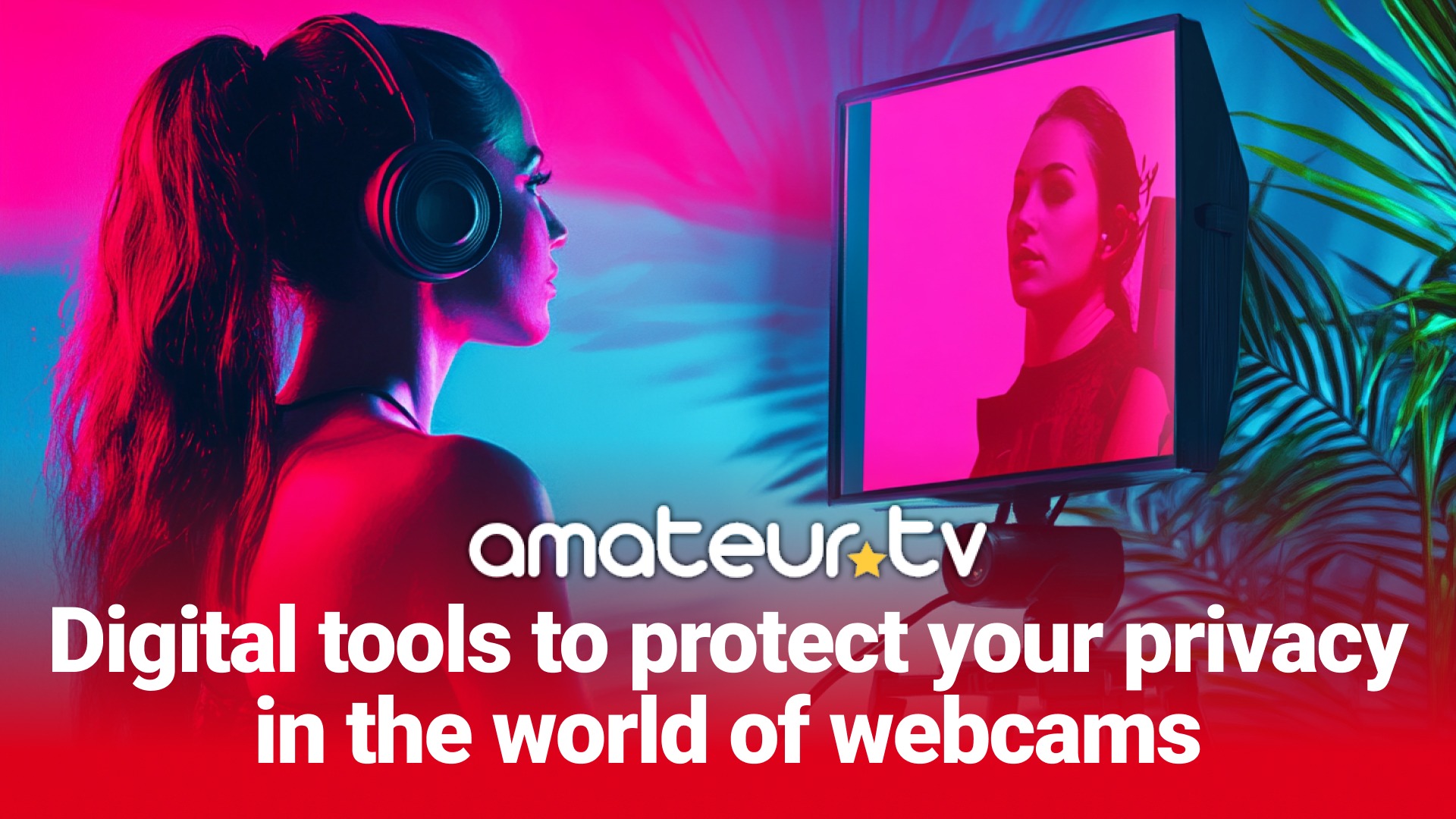The world of webcams offers unique opportunities, whether as a model or user, but it also presents risks in terms of privacy and security. To protect your identity and enjoy a safe experience, it’s essential to use digital tools designed to ensure anonymity and confidentiality. Below are the main digital tools you can use to protect your privacy in this environment.
1. VPN (Virtual Private Network)
One of the most essential tools for anyone involved in the world of webcams is a VPN. This technology hides your IP address, encrypts your connection, and routes your internet traffic through secure servers in different locations. Advantages:
- Prevents third parties from tracking your real location.
- Protects your personal data from hackers or cybercriminals.
- Allows secure access to geographically restricted platforms.
Some reliable options include NordVPN, ExpressVPN, and Surfshark, all of which are easy to set up and offer high levels of encryption.
2. Secure payment platforms
If you work as a model, it’s crucial to avoid sharing personal data like your name or banking information directly with clients or unverified platforms. Use specialized payment services like Paxum, Payoneer, or even cryptocurrencies like Bitcoin to maintain your financial privacy. These platforms act as intermediaries, ensuring that your sensitive data is not shared.
3. Privacy-Focused browsers and extensions
Conventional browsers like Google Chrome collect information about your online activity. To protect your anonymity, use privacy-centered browsers like Brave or Tor. Additionally, you can install extensions such as:
- HTTPS Everywhere: To enforce secure connections.
- Privacy Badger: To block trackers and invasive ads.
- uBlock Origin: To avoid ads that might compromise your privacy.
4. Editing software to remove metadata
When sharing photos or videos, they may contain metadata that reveals sensitive information, such as your location or the device you used. Before uploading content, use tools like ExifTool or mobile apps like Photo Metadata Remover to delete this data. This practice is especially useful if you’re uploading promotional content to social media or adult platforms.
5. Secure messaging apps
If you need to communicate with clients or followers, choose messaging apps that prioritize privacy, such as Signal or Telegram. These tools offer end-to-end encryption, meaning no one, not even the app developers, can access your conversations. Additionally, avoid using your personal number and opt for virtual or temporary numbers to register on these apps.

6. Anonymous email services
For registering on platforms or interacting with clients, use anonymous email addresses created specifically for your work. Services like ProtonMail or Tutanota guarantee privacy and encryption. Some recommendations for setting up your emails:
- Use a username related to your professional alias.
- Avoid using the same email for personal purposes.
7. Country or region blockers
Many webcam platforms offer the option to block users from certain countries or regions. This can be especially useful to prevent people from your area from discovering your content. Make sure to enable this feature on your platform, and regularly review your settings to ensure they are up-to-date.
8. Cameras and microphones with manual control
Protect your physical environment by investing in cameras with sliding covers or microphones that you can manually deactivate. This ensures that no one can remotely access your device without your consent. Additionally, use programs like Webcam On/Off to control when your camera is active, and perform regular device checks to prevent malware or unauthorized access.
9. Password generators and managers
Weak passwords are one of the biggest security risks. Use password managers like LastPass or 1Password to generate and store secure, unique passwords for each platform. Password recommendations:
- Use long combinations of letters, numbers, and symbols.
- Enable two-factor authentication (2FA) on all platforms that support it.
10. Backup and file encryption
Keep secure backups of your photos, videos, and important documents using cloud services that offer encryption, such as pCloud or Sync.com. Ensure that files are protected with passwords to prevent unauthorized access. If you prefer to store your files locally, use programs like VeraCrypt to encrypt your hard drive. This ensures that even if your device is stolen, your personal information remains protected.
Additional tips to maintain privacy:
- Avoid public Wi-Fi networks: These networks are often insecure and can expose your data. If you need to connect, make sure to activate your VPN.
- Regularly update your software: Outdated operating systems and applications are more vulnerable to attacks. Keep everything up to date.
- Be selective with the platforms you use: Research how secure platforms are before working on them. Read reviews and check their privacy policies. One the best is amateur.tv.
Final thoughts
Protecting your privacy in the world of webcams is not only a priority but also an investment in your peace of mind and long-term security. With these digital tools, you can maintain full control over your identity while enjoying the opportunities that this industry offers. The key is to stay consistent and informed about the latest technologies and privacy practices. By implementing these strategies, you can have the confidence that your personal information is protected against any threats.

